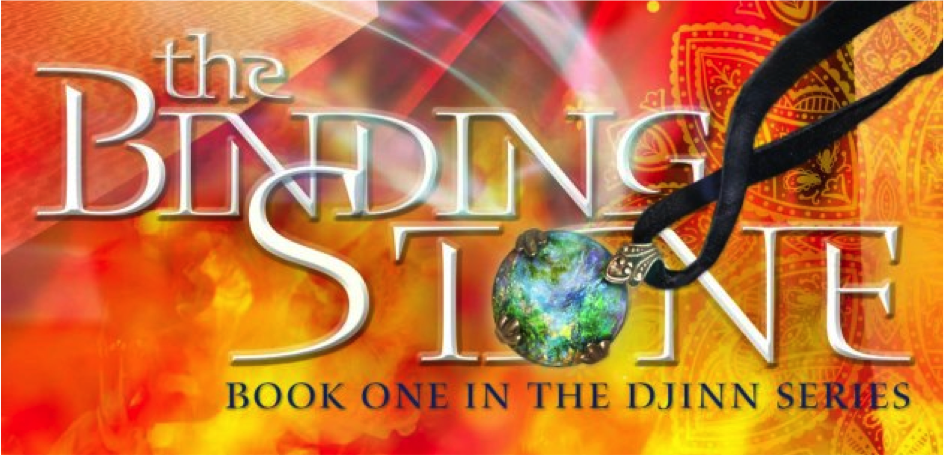
Don't forget your chance to win HAUNTED by Joy Preble! Time is running out...
Now:
Look it up online and you will find a million different definitions, explanations, and how to's. We may not know how to define "voice", but we do know how important it is. It's about as difficult to catch hold of as Bigfoot. So how DO we find it and trap it?
Be your character. If you aren't truly in your character's head you will never understand her voice. Many say there are two voices - the author's voice (which I equate to the tone of the manuscript) and the MC's. I believe the two are not mutually exclusive. Your character's voice is altered by the tone, just as you react differently depending on the situation you are in. So I am focusing on Character Voice here.
- Attitude - You can't just throw a bunch of snark out there and call it attitude. That's not character, sorry. You'll only end up putting your own Big Foot in your mouth. What you need to know is how your MC views the world and how she reacts accordingly. Now if she does that through sarcasm, great! Use it. But only in the WAY she would at the TIME she would. Capiche?
- Mannerisms - We all have them, though we don't always know about it. What your character DOES speaks volumes. Habits, knee-jerk reactions, etc.
- Thought processes - Otherwise known as INTERNAL DIALOGUE. What is the character thinking? How does she think? Need an example? Let's take one of my own favorite characters. His head is all over the place. Think "squirrel!" from the movie UP and you pretty much have a handle on him. I love that about him. He's easily distracted. And at the right moments that provides some excellent comic relief. It also makes him vulnerable.
- Speech - Ahh, dialogue. I love writing dialogue. Some people don't, but I think it really goes hand in hand with character and voice. The way your MC says something is as important as what she says. Who she's speaking to will also alter the dialogue. Do you speak the same to everyone? About everyone? Maybe your character is lacking an internal filter and spews whatever pops into her head. Maybe we see what she's thinking and it's the opposite of what she says. So much can be revealed by her interaction with others. Embrace that as an opportunity, don't fear it.
- Reactions - Not just the physical, as mentioned above in mannerisms (though that's certainly a part of it). But the emotional reactions too. Yes, your MC should absolutely instigate turning points in the plot. But there will also be those things out of her control, and how she reacts to them says a lot about her.
Okay, I believe I've covered quite a bit. There's always more of course, that's part of the beauty of writing. Let me try to boil this all down for you though...
If you have a strong, dimensional character, their voice will automatically come through. Spend your time on developing the MC fully, not on trying to interject bits of "cleverness" throughout the manuscript. That part will naturally evolve if you have the character down.
Did you catch Bigfoot? Hopefully not in your mouth...















